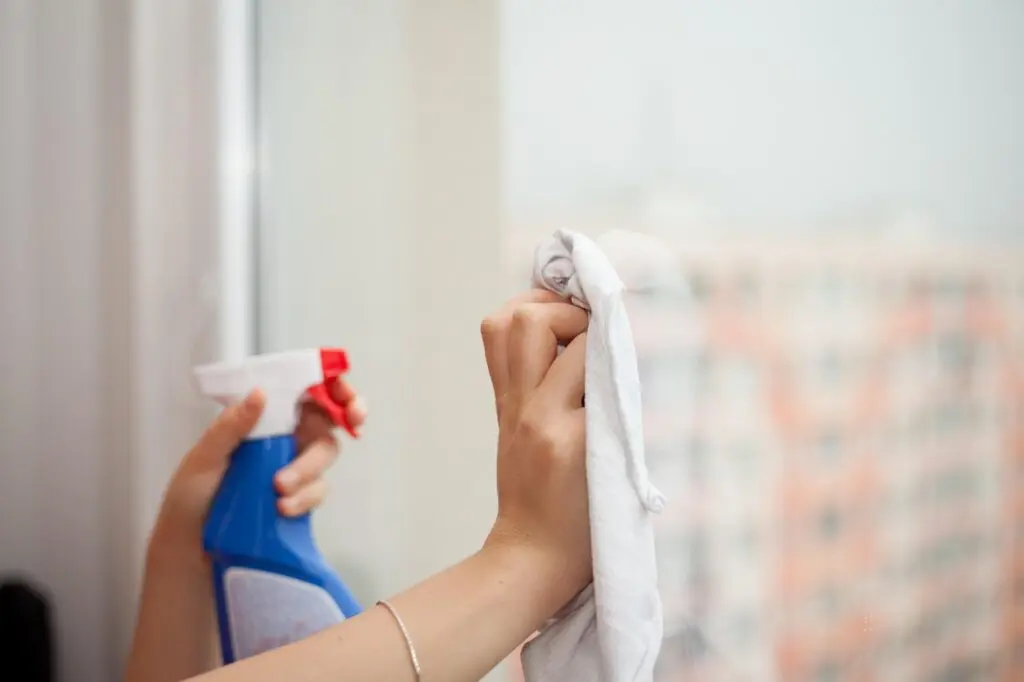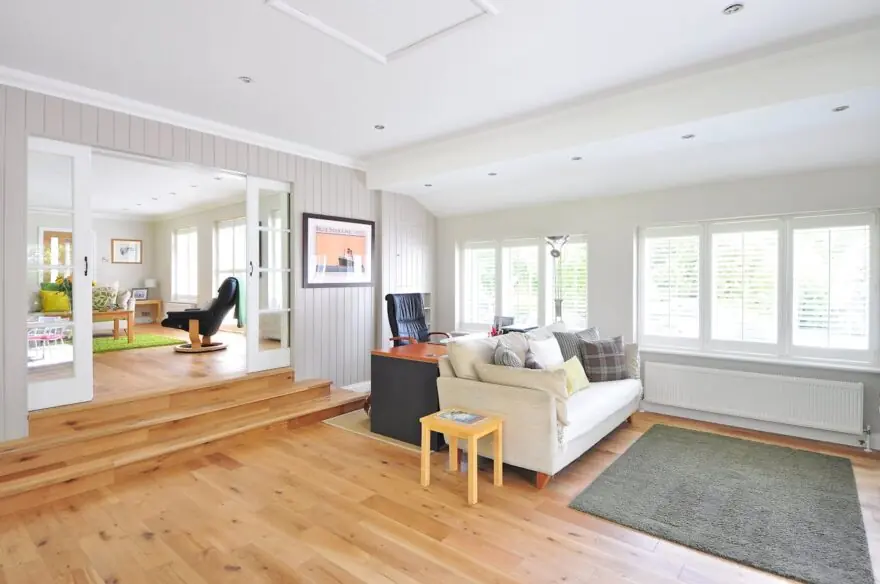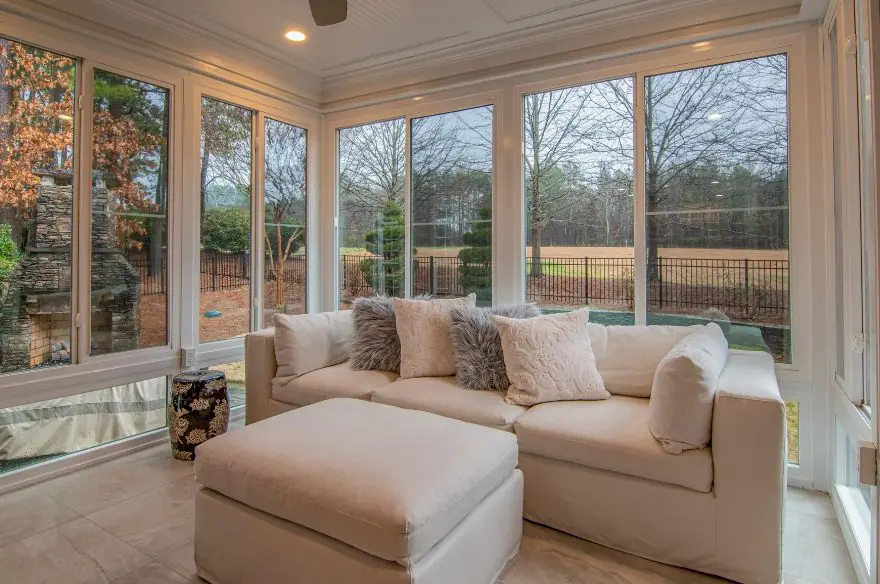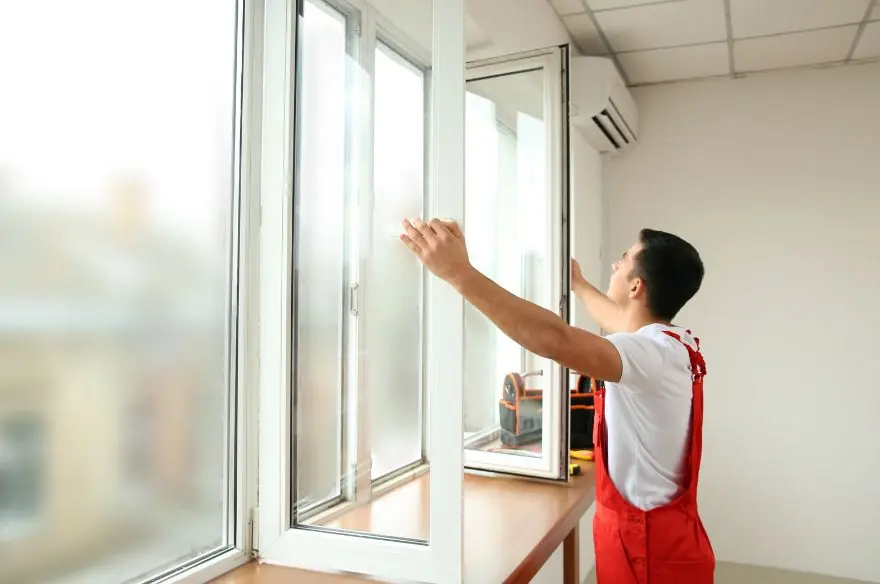PVC and aluminum windows have become standard in modern homes because they are durable, aesthetically pleasing, and easy to use. However, this does not mean they require no care. Regular window maintenance can significantly extend their lifespan, improve thermal and sound insulation, prevent moisture and drafts, and make your home more comfortable and healthy.
Cleaning and Lubrication
One of the basic tasks you can do yourself is cleaning the frame and glass. PVC and aluminum frames are low-maintenance — simply wipe them occasionally. Use a mild detergent and a soft cloth, avoiding harsh chemicals and abrasive sponges that could damage the surface.
It is also important to pay attention to the drainage channels at the bottom of the frame, which allow water to exit. If these openings get clogged, moisture can remain inside the frame and cause damage. It is recommended to clean them at least twice a year using a stick, vacuum, or compressed air.
Hardware is the part of the window under the most stress, so it requires special care. Once a year, apply a few drops of technical oil or a Teflon spray to the hinges and mechanisms. This simple step prevents wear, squeaking, and extends the hardware’s lifespan.
Checking the seals is equally important. Seals ensure proper insulation and thermal efficiency, but over time they can harden and lose elasticity. Spraying them with silicone once a year keeps the rubber soft and elastic, and if you notice cracking, replacing the seal is a small investment that greatly improves comfort and insulation.
Do not neglect the joints between the frame and the wall. Inspect them, and if you notice cracks or damaged silicone, repair them to prevent moisture ingress and heat loss. Regular inspections and prompt intervention often prevent larger problems and unnecessary expenses.
When Professional Service Is Needed
While much can be done yourself, some tasks are best left to professionals. Call a specialist if the window sash has sagged or does not close properly, if the handle turns with difficulty or spins freely, or if the window fails to seal even when the seals are in good condition. Professional service includes adjusting hardware, replacing seals, repairing damaged parts, and checking the frame-to-wall connections. It is recommended to schedule professional maintenance every two to three years to prolong the lifespan of your windows.
Use appropriate products during maintenance: technical oil or Teflon spray for hardware and mechanisms, and silicone spray for seals to keep them elastic and prevent cracking. WD-40 is not recommended as a primary maintenance product, as it is mainly a degreaser, a short-term solution, and can even dry out the rubber.
Conclusion
In summary, basic maintenance — cleaning, lubrication, and inspection of seals and joints — should be done once a year, while professional service should be performed every two to three years. If windows are older than 15–20 years and problems persist, it may be time to consider replacement, as service may only provide a temporary fix.
Investing in regular window maintenance is not a cost but a smart investment in durability, comfort, and the health of your home. With proper care, PVC and aluminum windows will provide comfort, protection, and aesthetic appeal for many years.



